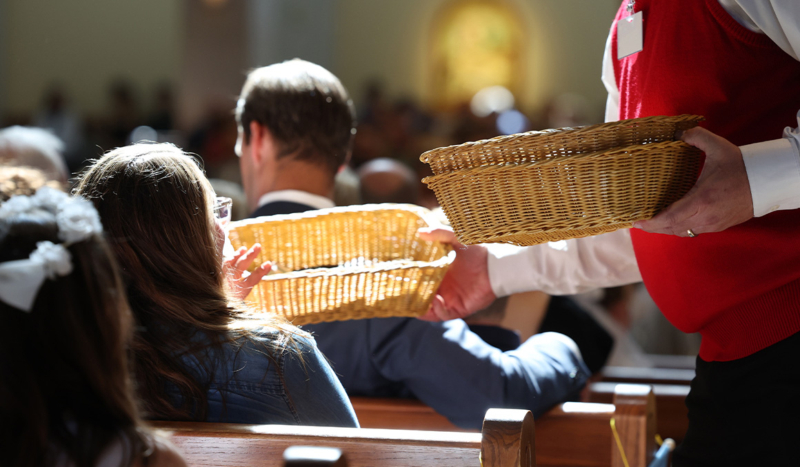
Adobe Stock
Five Catholic parishes in Buffalo, upstate New York have taken legal action against the Diocese of Buffalo in an effort to block the use of parish funds for a $150 million settlement with survivors of clerical sexual abuse.
The lawsuit, filed by parishioners from Blessed Sacrament, Our Lady of Peace, St. Bernadette, St. Aloysius Gonzaga, and St. John XXIII, contests the diocese’s directive that parishes contribute up to $80 million of the total settlement, WGRZ reported July 9.
According to the plaintiffs, that requirement would severely jeopardize their parishes’ viability, especially as they await a final decision from the Vatican on pending appeals related to diocesan mergers.
Under the diocese’s Road to Renewal plan, each of the five parishes faces potential consolidation. As part of the financial strategy, parishes designated for merger must allocate 80% of their unrestricted cash to help meet the settlement deadline set for July 15.
The suit alleges that such a transfer could prove “severely, if not fatally” damaging to the local church communities, according to WGRZ. It specifically seeks to prevent parish pastors from using unrestricted funds to comply with the diocese’s directive.
The diocese, through spokesperson Joe Martone, said it would not comment on the lawsuit, citing a longstanding policy of staying silent during active legal proceedings. This approach, the diocese explained, is meant to “protect the integrity of the legal process, ensure fairness to all parties involved, and the confidentiality of sensitive information.”
CatholicVote previously reported on growing concerns among Buffalo-area Catholics about the diocese’s decision to require parish contributions toward the settlement. In June, parishioners voiced frustration over what they viewed as an unfair burden on local communities.
In response to public objections, diocesan officials said that the contribution amounts were calculated using a formula based on each parish’s unrestricted assets. Richard Suchan, the diocese’s chief operating officer, stated that the approach aimed to fulfill obligations to abuse survivors while enabling “the Church in Western New York to finally close this long and difficult chapter of our Diocese and move forward.”

